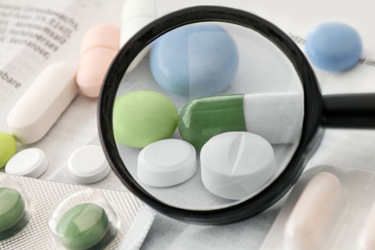The LPPV Network: An Essential Guide To Local Person Responsible For Pharmacovigilance

Every Marketing Authorization Holder (MAH) must have a robust pharmacovigilance system in place to ensure the safety of their products. In the EU, a pharmacovigilance system is defined as a comprehensive framework used by organizations, including MAHs, to meet their legal obligations related to monitoring the safety of authorized medicinal products and assessing any changes in their risk-benefit profile. While other regions may refer to the Global Safety Database, which handles adverse event reports, as the core of their pharmacovigilance system, the EU perspective includes this database as one component of a broader system. The EU pharmacovigilance system encompasses various elements such as processes for collecting, assessing, and reporting adverse events from multiple sources, conducting literature searches, regulatory intelligence, writing aggregate reports, managing signals, creating Risk Management Plans, maintaining the Pharmacovigilance System Master File (PSMF), managing Safety Data Exchange Agreements (SDEAs), and adhering to Standard Operating Procedures (SOPs) for filing and archiving.
In addition to these elements, each MAH must have a Qualified Person for Pharmacovigilance (QPPV) who is permanently and continuously available. The QPPV's roles and responsibilities are defined in Article 23 of EU Regulation (EC) No 726/2004 and Article 103 of EU Directive 2001/83/EC, as amended by Regulation No 1235/2010 and Directive 2010/84/EU.
Furthermore, many competent authorities, not only within EU Member States but also globally, require the appointment of a national-level pharmacovigilance contact person. This role may be referred to by various titles, including Local Drug Safety Officer (LDSO), Local Safety Responsible (LSR), Local Safety Officer (LSO), Drug Safety Officer (DSO), Graduated Plan Officer (GPO), or Local Qualified Person Responsible for Pharmacovigilance (L-QPPV). For clarity, this blog will use the term Local Person Responsible for Pharmacovigilance (LPPV) and will focus primarily on the EU context.
The responsibilities of LPPVs can vary by country but generally include ensuring the safety of medicinal products and compliance with national pharmacovigilance guidelines. Together with the QPPVs, LPPVs form a crucial network in Europe, ensuring the effective functioning of the pharmacovigilance system.
Get unlimited access to:
Enter your credentials below to log in. Not yet a member of Cell & Gene? Subscribe today.
